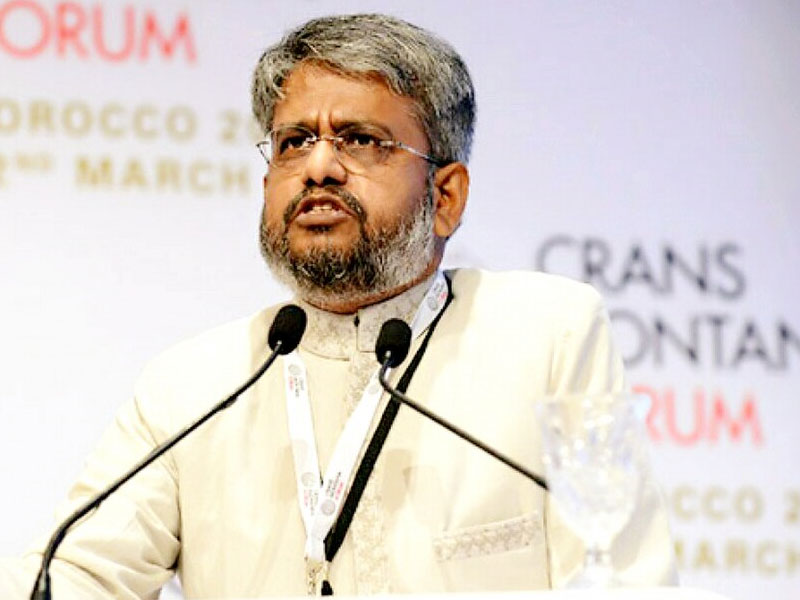
Rashid Shaz: Islamic Scholar, Intellectual and Academic
Rashid Shaz (born 1963) is a distinguished Indian Islamic scholar, author, and professor at Aligarh Muslim University (AMU), known for his profound contributions to Islamic philosophy, interfaith dialogue, and contemporary Muslim thought. As an ISESCO Ambassador for Dialogue among Civilizations, he has dedicated his career to fostering mutual understanding and addressing the challenges faced by the global Muslim community.
Shaaz’s literary works reflect his innovative approach to Islamic scholarship, focusing on the revival of Muslim intellectual traditions and the intersection of faith and modernity. His acclaimed books, including Idrak Zawal-e-Ummat, Lastam Pokh, Kitabul Urooj, and Manifesto of United Islam, delve into the challenges and prospects of Islamic civilization in a rapidly changing world. His pivotal 2008 document, Calling for a New Dialogue between Islam and Christianity, released in Monaco, underscores his commitment to interfaith harmony.
In 1992, during the Oslo Peace Accord discussions, Shaaz embarked on a peace mission to London and Washington, advocating for Muslim sentiments on Jerusalem. Two years later, he launched the Milli Times International, a weekly newspaper from New Delhi, which ran until 2001, providing a platform for critical issues affecting Muslims globally.
Shaaz’s activism extends to bridging intellectual gaps. His work on shibh-Ahle-Kitab builds on the legacies of Al-Bairuni and Shahrastani, motivating enlightened Abrahamic intellectuals through platforms like FutureIslam.com.
Beyond his global engagements, Professor Shaz has remained a vocal critic of social injustices, including his condemnation of Aligarh’s silence on lynching incidents in India. He advocates for reform within the Muslim world, urging introspection and the revival of the progressive ethos of early Islamic civilization.
A mentor, thought leader, and reformist, Rashid Shaz’s legacy lies in his unwavering commitment to knowledge, justice, and the harmonious coexistence of humanity.